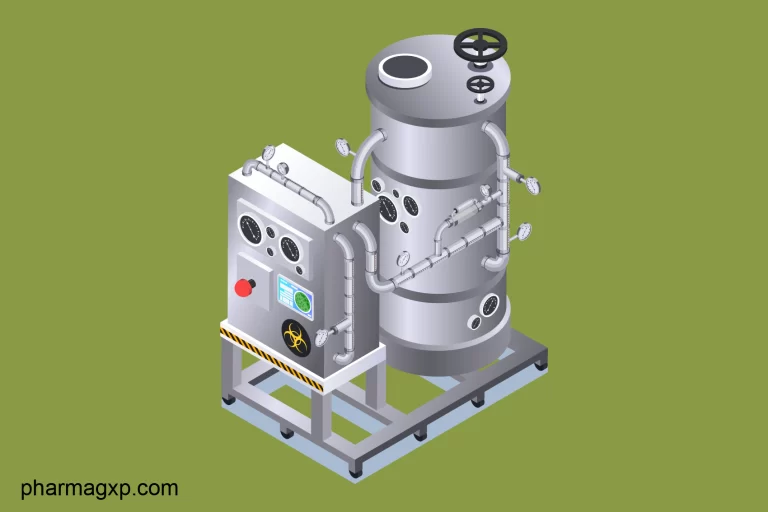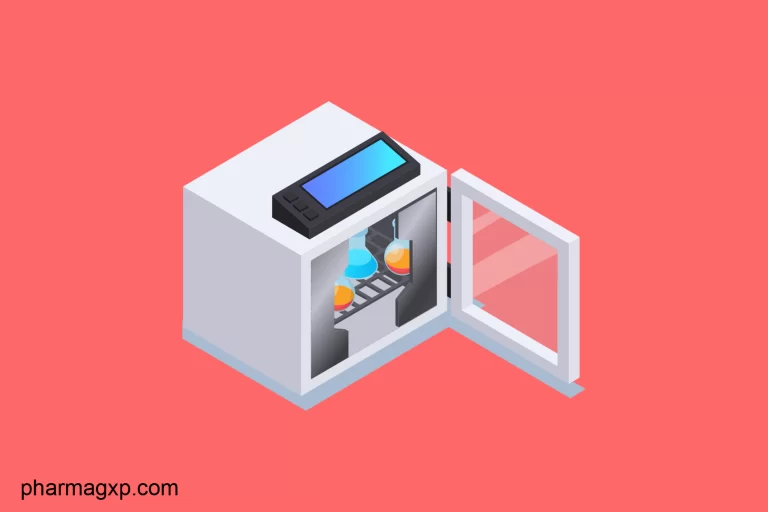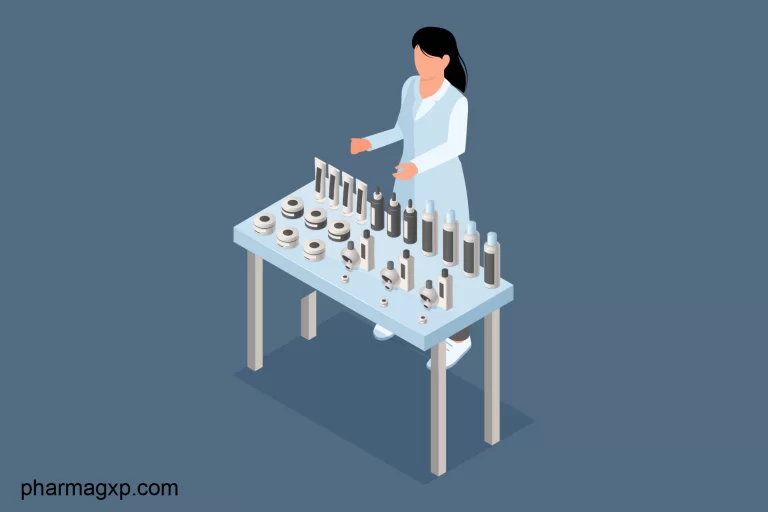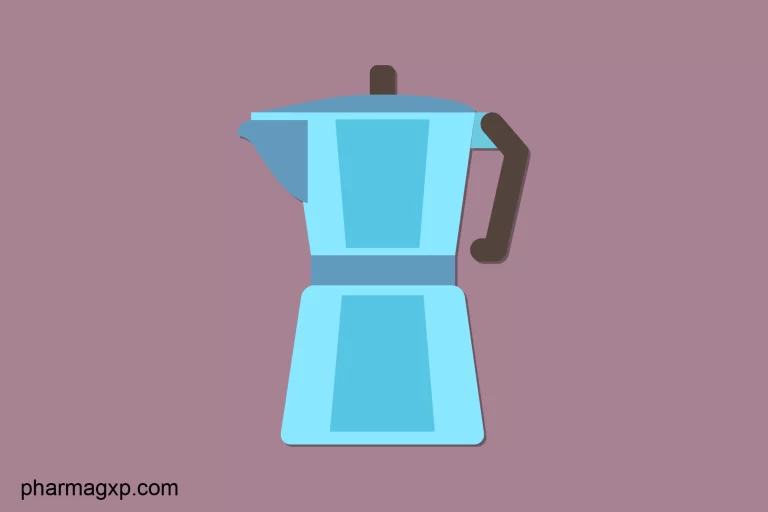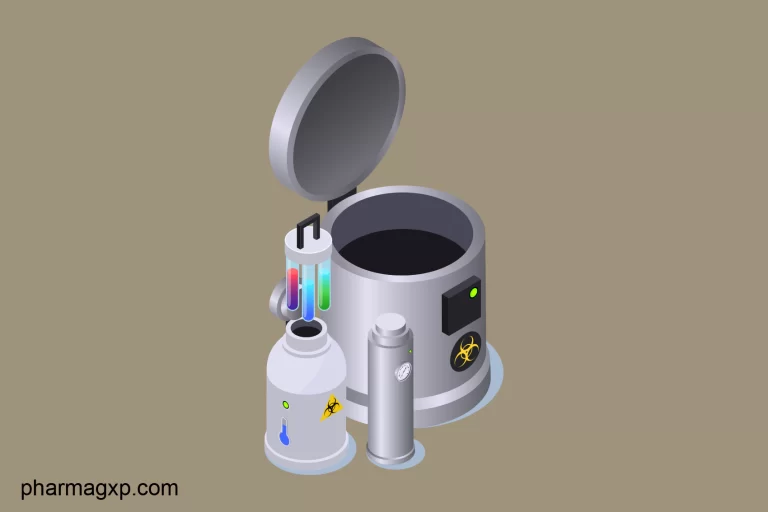Steam-Thru Connections and Their 4 Essential Advantages

When dealing with complex piping clusters, claiming a piece of equipment as “sterile” is challenging even after steam sterilization.
Steam-Thru connections were developed and are now implemented as a proper control over the sterilization due to apt isolation between non-sterile and sterile paths.
To claim the sterility of the manufactured drugs, pharma industries conduct validation activities that generate huge records and maintenance.
Deviations due to technical hurdles are bound to happen during the course of cleaning, sterilization, and their subsequent validation. To overcome this, a Steam-Thru connection (a mechanical component) replaces the traditional setup and helps avoid chunks of records and undesired regulatory observations.
Table of Content
Operating Principle
Steam-Thru Connection allows the steam to pass directly through the lower ports and then to the equipment.
Once the SIP (Sterilization In-Place) cycle completes, the connector’s valve then actuates, creating a sterile flow path to single-use systems.
The media is then safely transferred without the cleaning and validation concerns associated with reusable components.
Component Information
The new Steam-Thru II from Colder Products Company is built upon this proven technology, which offers the flexibility of “steam on” and “steam off” functionality.
An innovative design allows the valve to return to the steam position, enabling a second SIP cycle following media transfer.
The “steam off” disconnection of disposable systems minimizes cross-contamination risks associated with reusable components.
An increase in productivity, cost-effectiveness, and timelines has its own challenges in today’s healthcare manufacturing.
Though being a minor component, Steam-Thru connections can make a big difference to overcome these challenges to a certain extent.
Watch the video below that illustrates the functional scheme of the component.
Salient Features of Steam-Thru Connections
The following are the salient features of Steam-Thru connections that explain why it plays an important role in hassle-free sterilization operations.
| Features | Benefits |
|---|---|
| Three Port Design | Zero Dead Legs. Hence, there is no chance of bacterial growth. |
| Single-use or Disposable | Time Saver as it reduces cleaning and validation activities and associated documentation. |
| Poly-sulfone MOC | USP Class VI Compliant |
| Steam On | Creates a sterile flow path |
| Steam Off | Remove from equipment after sterilization without having a concern over sterility assurance. |
Advantages of Single-use Systems
1. Increased Efficiency
Single-use systems result in increased productivity through the reduced maintenance of cleaning systems.
This allows manufacturers to increase their output and help in reducing the hassle of cleaning in place, cleaning validation, and associated documentation.
2. Add Flexibility
When modifying the existing facility, manufacturers struggle to make mechanical alterations due to their complex piping structures. In this case, flexibility is what they are looking for. Unlike hard piping, disposable systems are easy to change for alternative media handling.
For instance, implementing single-use technologies helps in production scale-up at an existing facility where traditional fixed systems would normally require costly facility expansion.
Since they are single-use systems, they don’t require validation activities or mechanical modifications. The same is the case for Steam-Thru connectors. They are mobile, easy to replace, and give that extra flexibility for modifications.
3. Minimize Risk
Risk is the main concern for personnel as well as the product in scope. Product contamination is a loss in product quality. Eventually, expensive reprocessing activities often require preventing the complete loss of a valuable batch of media.
As companies are now promoting their business with a single facility being used for multiple products, this becomes an even big reason to worry.
It has a terrible influence on productivity and cross-contamination. Ultimately, a negative impact on the company’s reputation.
Hence, integrating single-use systems may help in minimizing this possibility.
4. Cost-effective
Resources for cleaning and validation include chemicals, utilities, labor, and time. Utilities like WFI and steam required for cleaning and sterilization activities must be used optimally.
Using disposable systems like Steam-Thru connectors results in capital savings due to less space consumption and helps get rid of the traditional accessories.
Steam-Thru Configurations
- Poly-Sulfone with Polyethylene Sleeve
- Poly-Sulfone with Polycarbonate Sleeve
- USP Class VI
- Color: Amber Tint
- Autoclave and SIP friendly
- Silicone and platinum-cured seal options
- No mounting required, free-floating
Where to use Steam-Thru Connections?
- Bio-reactor Feeding
- Cell Harvesting
- Product Sampling
- Single Use Bag Systems
- Media Transfer Lines
Conclusion
Disposable components like Steam-Thru connections help achieve better control over the process, hassle-free operations, and that too at a cost reduction. Using it during sterilization and process operations encourages industries for method optimization and cost savings.
If it helps you better control your F0 values then why not consider it for your operations? Comment below on what you think.

